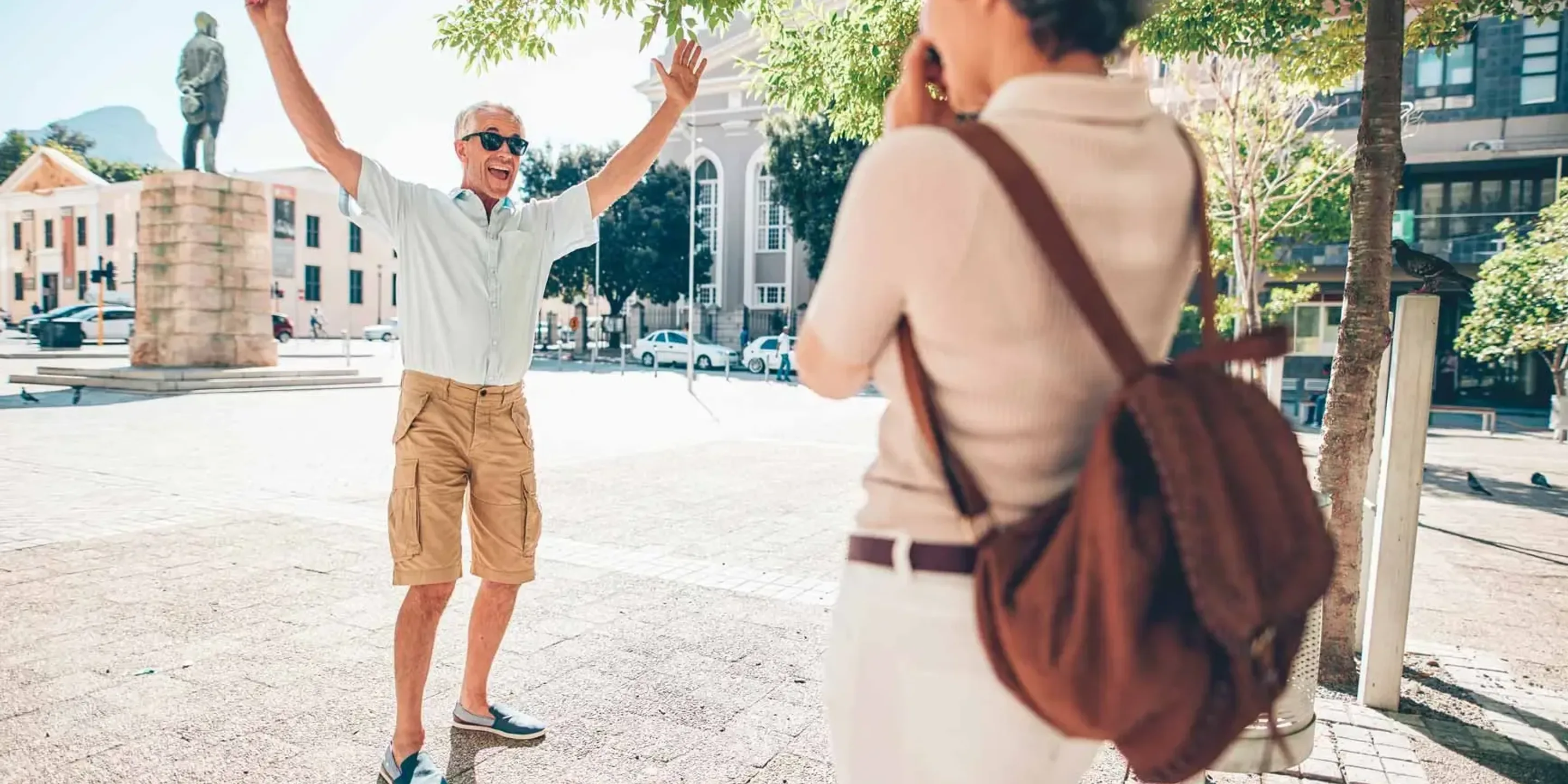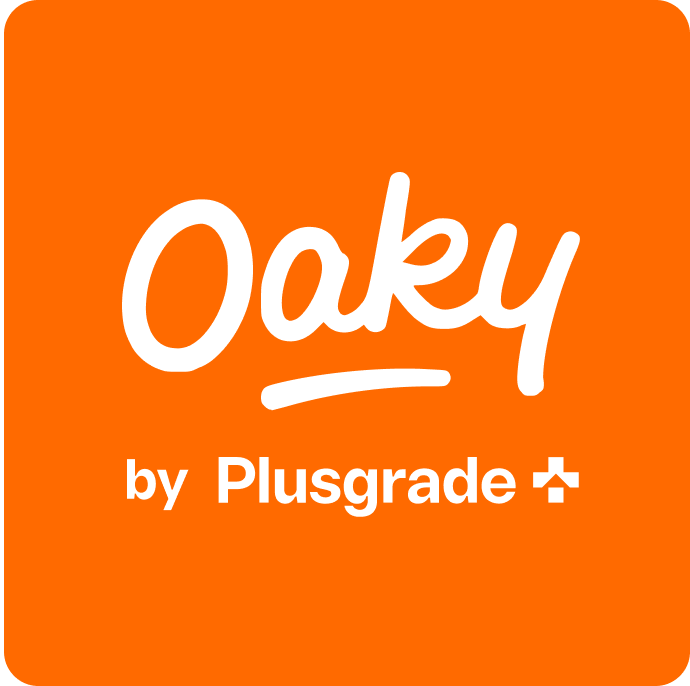How to excel as an experience economy hotel
Marieke Wisse
•

In the process of building our latest feature, the Deal Library, we discovered a range of remarkable trends that spoke volumes about fleeting pleasures and lasting memories, revealing their considerable impact on a guest’s perception of a hotel’s brand and offering.
The hotel industry has long since evolved past the basic necessities of room and board, taking on the considerable task of creating positive experiences in an otherwise anxious and stressed world. Despite a tumultuous 2020 and the enduring difficulties faced by our sector, our currency remains positive experiences.
The Purpose of Hospitality
The purpose of hospitality remains the same, with guest experience remaining the utmost priority. What’s more, with every month spent waiting out the pandemic, the joyous memories associated with travel only seem to grow stronger. Just like every person who has been on an exciting, relaxing or blissful trip, we are marvelling at how much we took the freedom and adventure of travel for granted. Because of this and several other factors we have the power to influence, we needn’t worry about tourism losing its title role in the experience economy.
Taking a step back to contemplate a blue sky view of hospitality, you might consider just what it means to be in the business of memorable experiences. In this article, we’ll look at how emotion affects memory, what types of experiences are most effective in inciting emotion, and the role of hotels in the system of experiences we know as tourism – a vital part of the experience economy. In the accompanying downloads, you can see these ideas in the context of real data and findings derived from recent surveys and day-to-day Oaky business. If you want more, check out our download comparing areas of interest pre- and during Covid. There’s plenty to explore on this topic, so if you’re ready to get into the fundamentals of memorable experiences, read on.

The effect of emotion on our memorable trips
- Positive emotions are better remembered than negative ones. This conclusion supports the idea that proper time spent by hoteliers on the puzzle of delighting a group of unique individuals is well worth the effort. Think of the act of creating delight in the moment as a contribution to the long-term perception and ‘stickiness’ of your property and brand in the years to come.
- Positive memories contain more detail than negative memories. Interesting to note that while small details are essential components of a well-crafted experience, they also play a role in fleshing out the memory of said experience. This validates the need for a thorough approach to creating experiences and speaks to the fact that small details really do make a difference – and won’t be forgotten when part of an on the whole positive experience.
- Strong emotions can eclipse the memory of less exciting moments. A positive hotel experience can negate the stress and boredom of the journey it took to get to your hotel. What could be better than erasing airports, customs queues and luggage from your memory? Here's hoping that the journey isn't a disaster either way! (Although you also have an opportunity to alleviate this stress with a well thought out approach to airport transfers.)
Existing in an Experience Economy
Before we delve into the types of emotional experiences that become memorable, let’s briefly turn our attention to the concept of an experience as a commercial entity.
Interestingly, the limitations of sold experiences double as the very things that make them special. Unlike products, experiences are impermanent, intangible and difficult to control, as they are consumed immediately, as soon as they’re delivered.
Undoubtedly, photos are a way to capture memories and produce tangible takeaways from experiences. Some might even argue that certain people (often from younger generations) see a photo and an experience as one and the same thing. For the rest of us, a true experience requires presence and cannot be held in one’s hands or stored away.
In an article on Harvard Business Review, Joseph Pine II and James H. Gilmore elaborate on the rapidly growing value of experiences in the worldwide economy. In their words:
“An experience occurs when a company intentionally uses services as the stage, and goods as props, to engage individual customers in a way that creates a memorable event”
This way of thinking is already being adopted by many in the hospitality industry. The value of extraordinary experiences is well-recognised – and positive experiences can be achieved just as well in a hostel as a luxury hotel.
Measuring Delight in an Experience
In fact, the experience of a guest can be measured in much the same way, whatever a hotel’s perceived quality. Using this model for customer satisfaction in the tourism industry, we can measure levels of delight derived from experiences. See how the satisfaction levels delineated by Fuchs and Weiermar in this 2003 study can be identified in a hotel stay scenario.

As we have learned, strong positive emotions have an extraordinary effect on what we remember. In an industry specialised in offering top of the line experiences, what possible luxuries remain to set your hotel apart from the herd? What is the next frontier in customer satisfaction when high standards of comfort have become the norm?
The Right to Choose
If the mechanism of memory and these differing levels of satisfaction tell us anything, it’s that experiences need to be designed. But what to do about the problem (and blessing) of our individualism as a species? Pine and Gilmore summarise this predicament:
“While prior economic offerings—commodities, goods, and services—are external to the buyer, experiences are inherently personal, existing only in the mind of an individual who has been engaged on an emotional, physical, intellectual, or even spiritual level. Thus, no two people can have the same experience, because each experience derives from the interaction between the event and the individual’s state of mind.”
One approach emerging as an effective solution across the industry is to increase flexibility and modularity when it comes to guest experience. Some hoteliers are giving proper recognition to the value these individual elements provide by turning to attribute-based selling.
Designing Emotional Journeys
In the case of travel and holidays, you might agree that absence only makes the heart grow fonder. When travel restrictions eventually relax, the projected rise in travel – and more significantly, where it’s distributed – will, to some extent, reflect the destinations and hotels that have remained top-of-mind during the pandemic.
Hotels that aren’t expecting a returning flock of guests might want to consider an updated approach to guest satisfaction – one that prioritises the experience economy, the creation of positive, ‘sticky’ experiences and maybe most importantly, the guest's control over their own experience.
In order to leave a lasting impression, hotels should design experiences that incite positive emotions. Taking recent trends into account, a generally positive experience based on a beautiful property and excellent service is sadly no longer enough. Our industry is on the way to a more flexible future that gives guests more control over their stay and fortunately for us, offering memorable experiences for guests to choose from is easier than it sounds.
Oaky’s Advice
Whether through attribute-based selling, smart upselling or a voucher system, hotels can easily create a modular offering of experiences. It’s achieving the right balance that requires some attention.
Our advice would be to mix in experiences that satisfy performance factors (as any hotel worth its salt already does) but be sure to have a healthy offering of experiences that induce delight across a wider group of demographics (i.e. festive experiences) and more specific demographics (i.e. romantic experiences). A positive association with your brand is the natural path to referrals, recommendations and revisits.
For instance:
If you display 8 upsell offers on your guest app, make sure they all aim to achieve the performance factor, with at least 4 of your offers aiming higher, at the delight factor, for your general audience as well as specific guest profiles.
For examples of the types of offers that hit those performance and delight targets, click below to download. Included in the download is a selection of research insights that went on to influence our Deal Library. Naturally, all featured deals are available free for Oaky customers to add to their own guest app in as little as two clicks.

